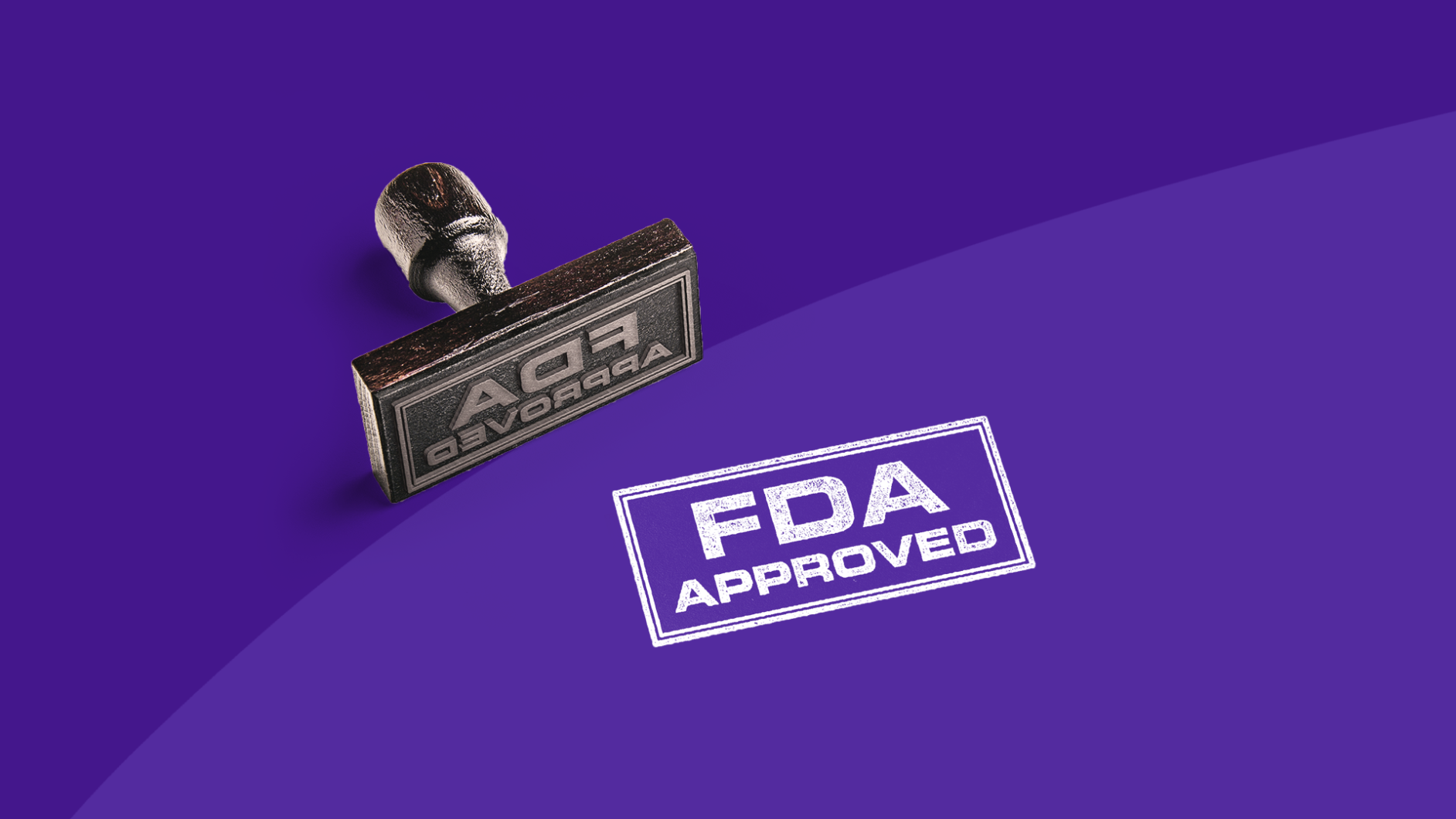In a historic approval, the U.S. Food and Drug Administration (FDA) announced the certification of Ervebo, the world’s first Ebola vaccine to prevent and protect against Ebola virus disease (EVD).
What is Ebola?
Ebola is a highly contagious virus. It is spread through direct contact with blood, bodily fluids, and tissues of infected animals or people—and can even be transmitted through contact with surfaces and materials (such as bedding or clothing) that are contaminated with fluids. The virus has an incubation period that ranges from two to 21 days (most commonly eight to 10 days). Then, onset of symptoms can be sudden and include fever, fatigue, muscle pain, headache, and sore throat. These symptoms are followed by vomiting, diarrhea, rash, impaired kidney and liver function, and—in some cases—internal and external bleeding.
The Ebola virus disease was brought to the American public’s attention after Richard Preston’s best-selling nonfiction book, The Hot Zone, was published in 1994—documenting the origins and incidents of Ebola virus disease in sub-Saharan Africa. But EVD confirmed outbreaks have been plaguing human populations since the 1970s. According to the FDA, an outbreak in Guinea, Liberia, and Sierra Leone (which lasted from 2014 to 2016) resulted in more than 28,000 cases of EVD and more than 11,000 deaths. Currently, the Democratic Republic of the Congo (DRC) is experiencing the world’s second largest EVD outbreak.
Is there a vaccine for Ebola?
“Ebola virus disease is a rare but severe and often deadly disease that knows no borders,” Peter Marks, MD, Ph.D., director of the FDA’s Center for Biologics Evaluation and Research, says in a news release. “Vaccination is essential to help prevent outbreaks and to stop the Ebola virus from spreading when outbreaks do occur.”
And that’s where Ervebo comes in. The vaccine for Ebola—which is manufactured by pharmaceutical company Merck & Co., Inc.—is administered as a single-dose injection. It is a live, attenuated vaccine that has been genetically engineered to contain a protein from the Zaire ebolavirus.
Developing the Ebola vaccine
Work on a vaccine for Ebola began in 2004, but it wasn’t until outbreaks started to occur in the 2010s that the process to assess and approve Ervebo was highly prioritized.
In 2018, the World Health Organization (WHO) began to use Ervebo as a treatment after the FDA granted Breakthrough Therapy designation for the vaccine. This facilitated the development and scientific evaluation of the medication and allowed the vaccine to be used under an expanded access program to help mitigate the DRC outbreak.
In a study performed during the 2014-2016 outbreak in Guinea, Ervebo was determined to be 100% effective in preventing Ebola cases with symptom onset greater than 10 days after vaccination. The safety of Ervebo was studied in 15,000 patients in Africa, Europe, and North America. The most common adverse effects were injection site reactions, headache, fever, muscle pain, and fatigue.
But note, Ervebo is only effective against the Zaire strain of Ebola—according to Merck.
And now, the vaccination is approved for the prevention of Ebola virus disease (EVD), caused by Zaire ebolavirus in individuals 18 years of age and older. Prior to this approval, the Ebola virus vaccine could only be used in emergencies, like the current outbreak, said Dr. John Dye, chief of viral immunology at the U.S. Army Medical Research Institute of Infectious Diseases.
With its approval, Ervebo can be used as an effective preventative measure to help stop outbreaks from ever happening, instead of only being able to respond when they do.
“Today’s approval is an important step in our continuing efforts to fight Ebola in close coordination with our partners across the U.S. Department of Health and Human Services, as well as our international partners, such as the World Health Organization,” Anna Abram, FDA Deputy Commissioner for Policy, Legislation, and International Affairs, says in a news release. “These efforts, including today’s landmark approval, reflect the FDA’s unwavering dedication to leveraging our expertise to facilitate the development and availability of safe and effective medical products to address urgent public health needs and fight infectious diseases.”
When will the Ebola vaccine be available?
According to a Merck press release, doses of the Ebola virus vaccine will likely be ready by fall 2020. The pharmaceutical company will work with the World Health Organization, UNICEF, the U.S. government, and Gavi (the Vaccine Alliance) to determine the distribution methods for the vaccine.




